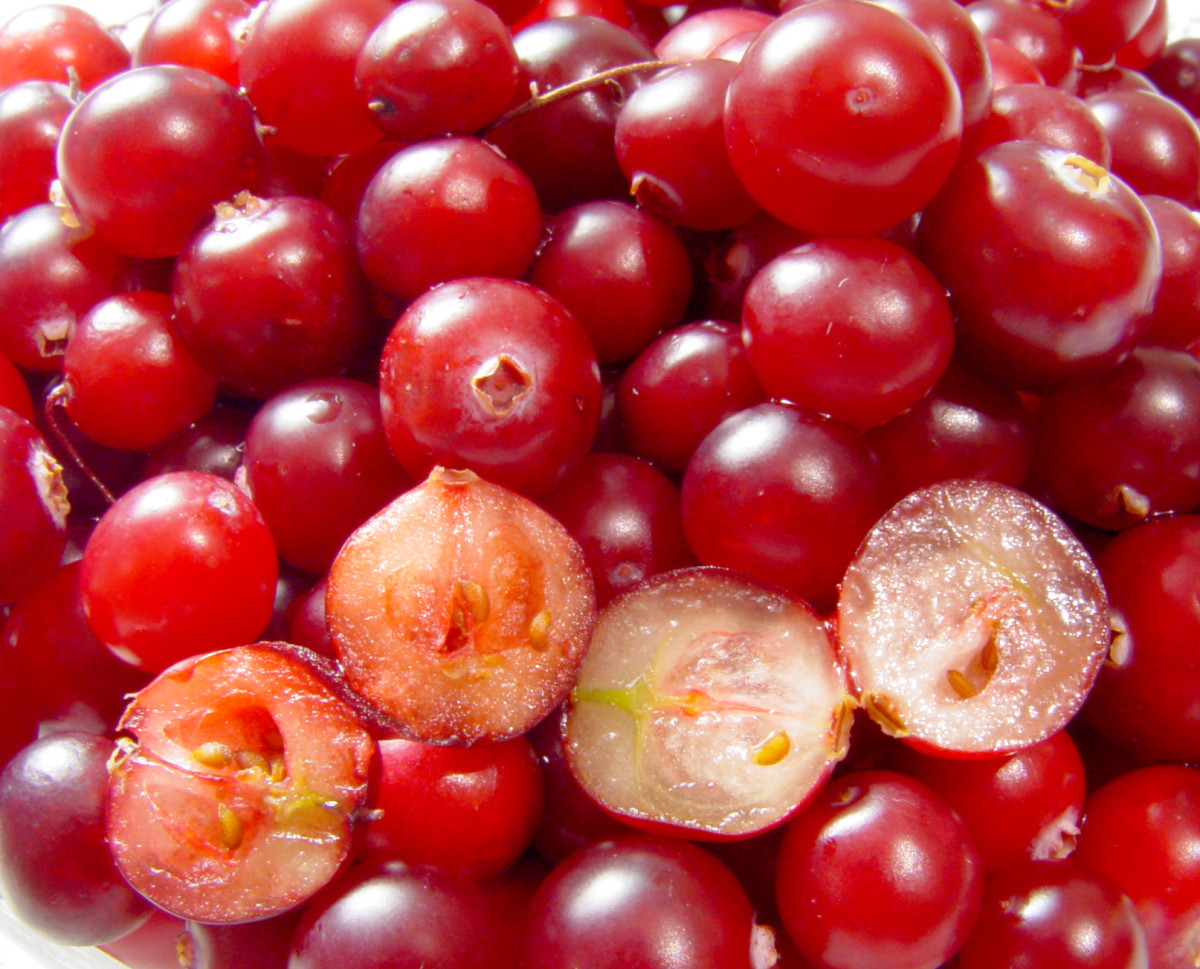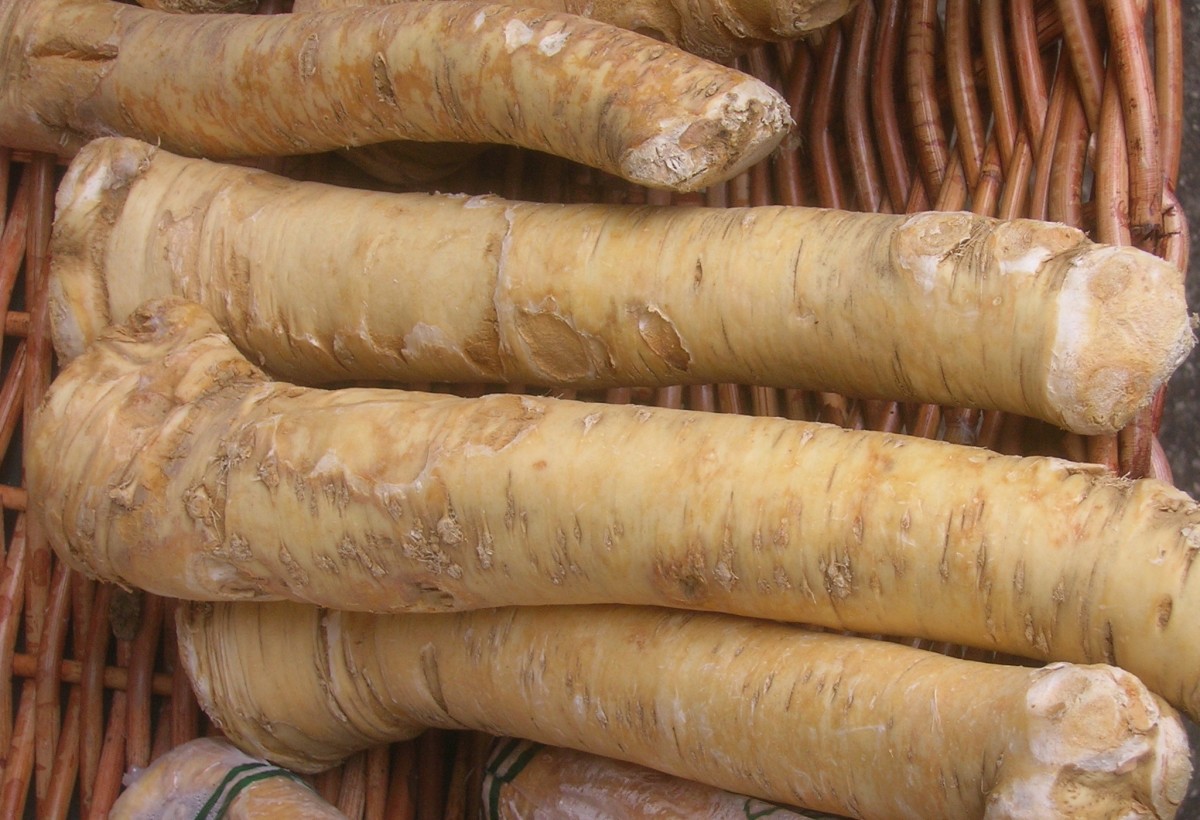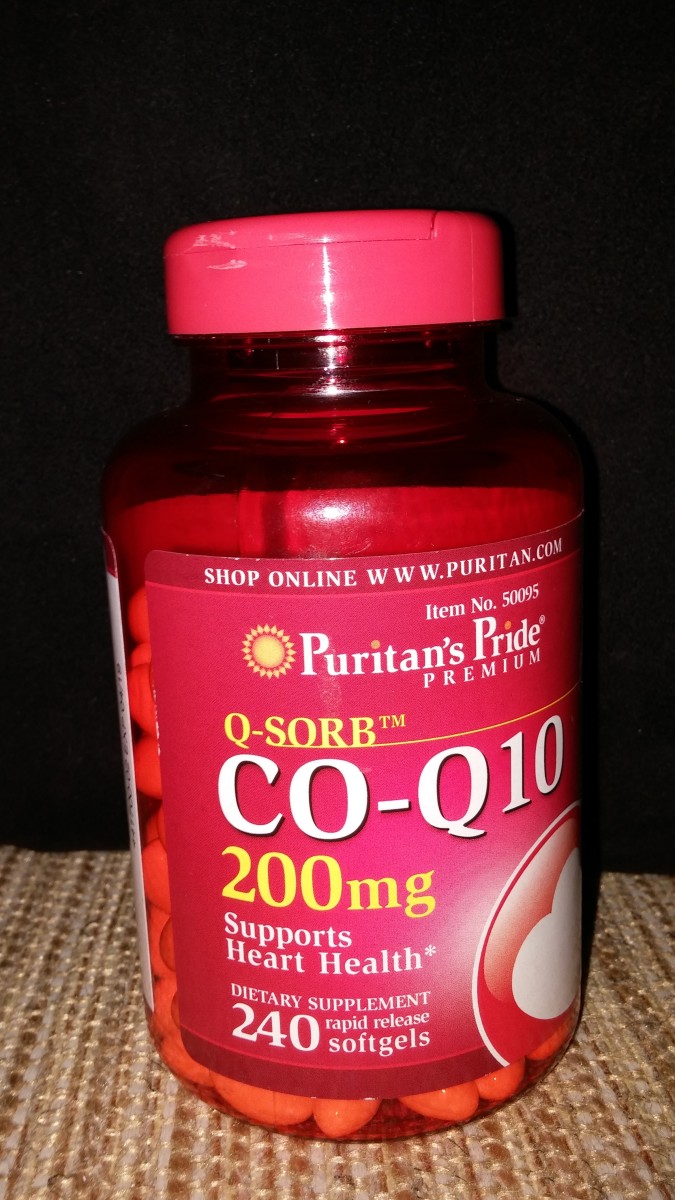CoQ10 - The - Protector - Of - The - Heart
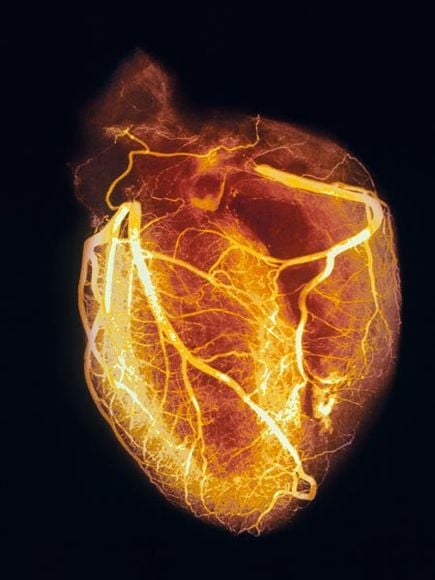
What is CoQ10?
CoQ10 is an abbreviated word for Coenzyme Q10. You've heard of antioxidants and their benefits. CoQ10 is a natural antioxidant synthesized by the body. It can be found in many foods and comes in two forms. Ubiquinol is an active form and ubiquinone is the oxidized form.
The benefit of CoQ10 is its role in oxygen utilization and energy production especially in heart muscle cells. It also helps to support the functioning of the health of the vessel walls.
CoQ10 - Health Benefits
Here's a list of claimed benefits for taking this supplement besides helping the heart:
- It can slow down early stages of Parkinson's disease
- Helps migrain headaches
- Helps high blood pressure
- Supports immune function
- Protection from magnetic field exposure
- An aid for diabetes
- Guards against breast cancer
- Aids in losing weight
- Helps boost athletic performance
- Prevents periodontal disease
- Prevents toxin overload
- Improves male fertility
Our own body makes CoQ10 naturally, however levels can vary, which may cause a deficiency. For that reason, it makes good sense to take a daily supplement.
The recommended dosage is 90 to 120 mg taken daily. Be sure to take CoQ10 with a fat such as peanut butter as CoQ10 is fat-soluble.
The Heart Is Our Body's Engine
With heart disease running in my family, I am on a mission to keep my heart healthy. Along with exercise, a diet high in anti-oxidants and plenty of laughter, I take CoQ10 to protect my heart.
Two years ago I was rushed to the hospital for what appeared to be a heart attack. We were all relieved to find out that the problem was my esophagus. I had been prescribed medication for osteoporosis. It did a number on my stomach and burned the esophageal tissue. The pain radiated into my jaw and chest, mimicking heart attack symptoms. After 4 days in the hospital I was sent to an internist who immediately took me off of the prescribed medication. I soon healed up.
The heart is the body's engine. As the engine is to the car, the heart is to the body. Without gas in the engine, the car won't run. And a car also needs oil, spark plugs, air in the tires, hoses, filters, cables, a battery - well, you get the picture. And so it is with the body.
The body needs a constant supply of nutrients for efficiency in order to keep the heart running and healthy. The body also needs consistent exercise to keep the heart muscle strong, along with a nutritional diet and a positive attitude to reduce stress. And laughter is one of the most wonderful medicines for the heart and it's completely free.
About CoQ10
Broccoli and CoQ10
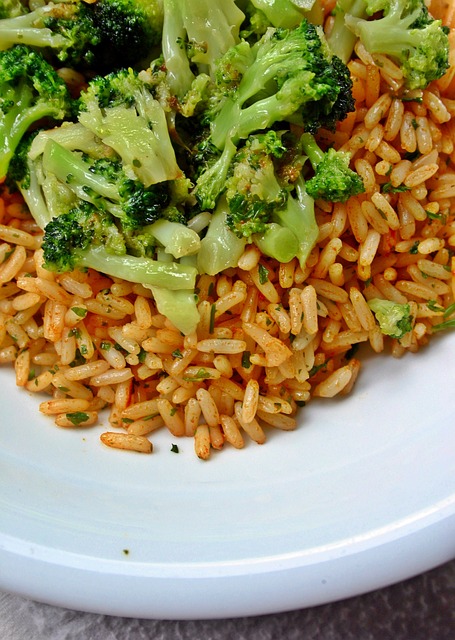
Foods High in CoQ10
You want to make sure you include some of these foods daily in your 'heart diet.' :
- Sardines and Mackerel top the list for the most CoQ10.
- Meats with the most CoQ10 are found in organs like the heart, liver and kidney.
- Rainbow trout has 0.9 milligrams per serving.
- Canola and soybean oil boasts 1 and 1.3 milligrams of CoQ10.
- Nuts such as pistachios, sesame seeds and peanuts are packed with heart healthy CoQ10.
- Broccoli, cauliflower, strawberries and medium size oranges also contain CoQ10.
Whenever possible eat your vegetables raw or slightly cooked. Over cooking will rob the nutrients. Cut vegetables in large pieces or cook them whole to preserve nutrients. And never soak your veggies as healthy vitamins will be lost. Keep cooking time to a minimum. Microwaving is fine - it's close to steaming and preserves nutrients as long as you don't over cook.
Surprising Facts About CoQ10
CoQ10 is quite an amazing substance as shown in the following facts:
- Coenzyme Q10 generates 95 percent of the human body's energy.
- Also known as ubiquinone, it is manufactured via yeast fermentation.
- A Nobel Prize was awarded to Peter Mitchell in 1978 for proposing in 1961 how CoQ10 works.
- It plays a role in cognitive health, heart health and anti-aging. CoQ10 has catapulted its popularity in the U.S.
- This heart healthy supplement is Important as an antioxidant and free radical scavenger.
- CoQ10 levels in the body decline with age. So taking a supplement with food may be helpful.
Mackerel - A Good Source of CoQ10
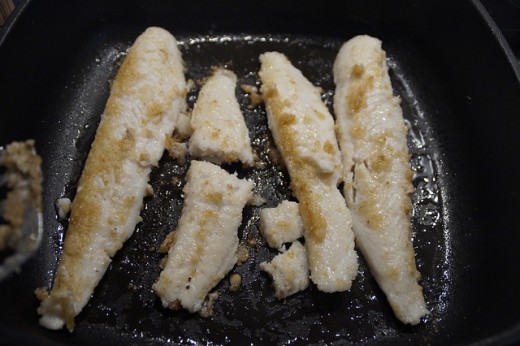

A Brief Recap
The heart is the bodies engine. The body needs a constant supply of nutrients to keep the heart running healthy.
Exercise on a consistent schedule, eat a healthy diet (reduce red meat) and keep a positive attitude to keep your heart strong. And remember how good laughter is for your health.
Introduce CoQ10 in to your diet which has been proven to help the heart as well as claiming a host of benefits for the body. Be sure to take with food containing fat such as peanut butter.
The recommended daily dose of CoQ10 is 90-120 mg daily. Check with your Internist before adding CoQ10 to your diet. Be aware that CoQ100 is not approved by the U.S Food and Drug Administration
Resources
Do you take CoQ10?
© 2011 Audrey Hunt

